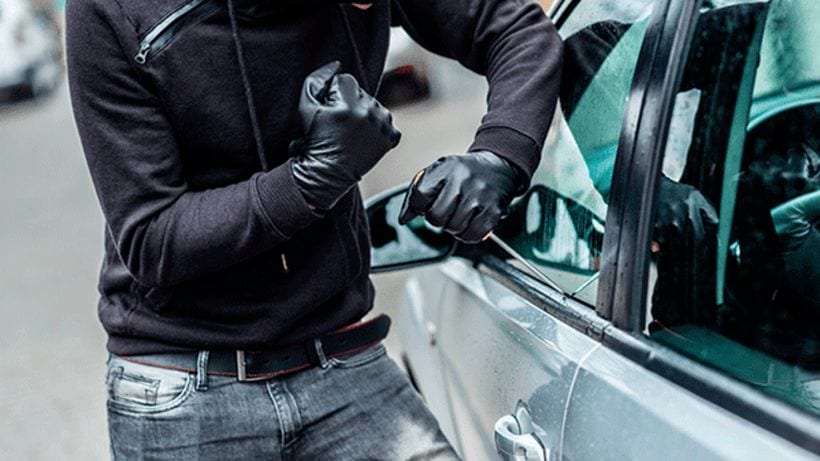Statistics on vehicle theft show that approximately 748 841 vehicles got stolen in the U.S.A in 2018. Such a high number of thefts shouldn’t get you scared. Instead, it would help if you protect yourself against such kinds of risk arising from theft. You can get a car tracking company to install some car tracking devices, install a car alarm, or use physical anti-theft gadgets to secure your car.
If the worst happens, and there is little that all your security measures can do to protect your vehicle from getting stolen, you should get a comprehensive auto insurance cover. The cover may help you claim some compensation for the car theft, and you may get another car for use. But before you can think about getting an insurance claim filed, here are seven legal steps that you should take to increase your chances of recovering your stolen vehicle or at least get some compensation from your auto insurance company.
1. Check Nearby Towing Companies, Security Cameras, and Use Your Car Tracking System
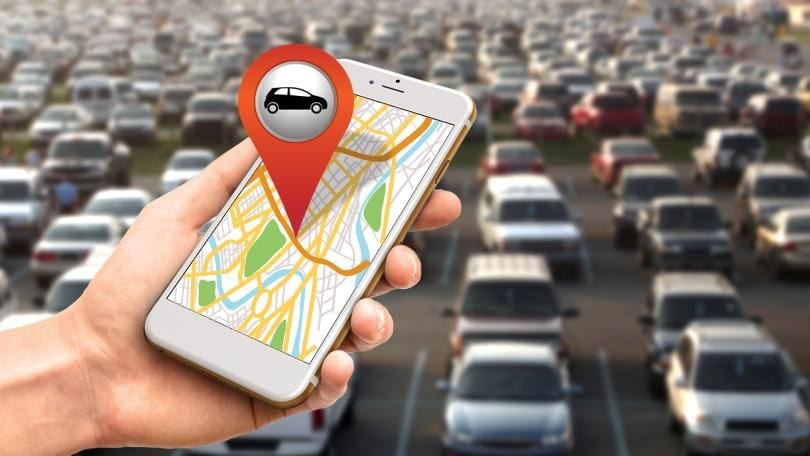
If your car is missing from the parking lot, the first presumption you may make is that it has gotten stolen. But sometimes, it may have gotten towed away because you parked in the wrong spot, or someone may steal it, use it, and abandon it elsewhere. Your car may have also gotten borrowed by a friend or relative without your knowledge.
It would be best if you thus did some due diligence by inquiring around the block or neighborhood, and checking with the local towing companies. You could also check the nearby security cameras to review CCTV footage and make a few calls to family, friends, and co-workers before concluding that it’s a possible theft. If all these options fail to give you a good answer, then try your car tracking company or other online platforms with similar services to get your tracking system activated and monitored. But what if all these efforts fail? Read on to know what you can do.
2. Contact Law Enforcement Agencies and File a Report
If all else fails, it’s time to call the police or visit the nearest police station. You should provide comprehensive information about your car to the police, who may receive your report in person or via a phone call. Different stations have varying procedures on how to file such a report. You have to do it in person, via call, or online. You should also notify the law enforcement agencies about your car tracking system so that they can use it when trying to locate your car. Some of the details that you’ll get required to give when filing the report include:
- Your car model, color, and last place of parking
- The car’s license plate number and the Vehicle Identification Number (VIN)
- The car’s make and year of manufacture
Remember to retain a copy of the police report you make because it will get required when reporting the car theft to your insurance company or when making a claim.
3. Contact Your Auto Insurance Company
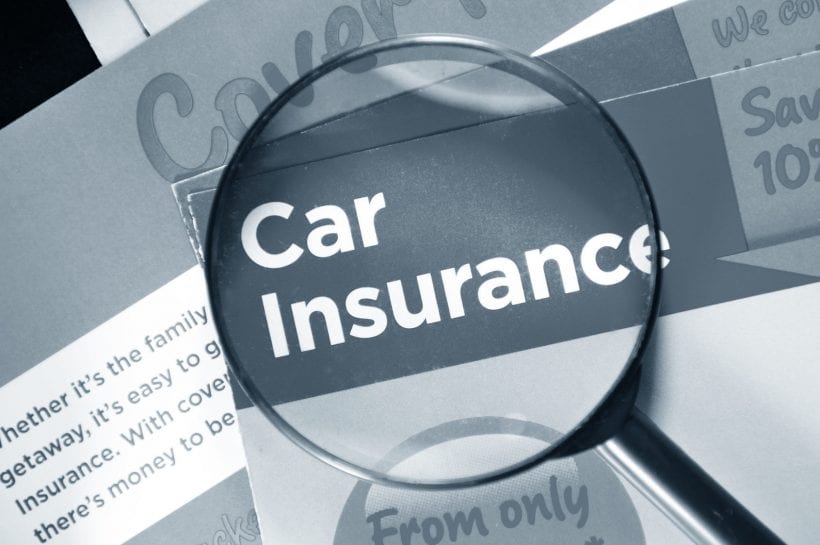
After filing a comprehensive police report, you should also contact your car insurance cover provider and give them all the details relating to the theft. There may be no “stolen car insurance,” but you can still get some compensation if you had acquired a comprehensive car insurance cover from your vehicle insurance company. Even when you have no such comprehensive cover, you should report the case because doing so will protect you from the damage of property or injuries that occur when the vehicle isn’t under your control.
4. Conduct Some VIN Check
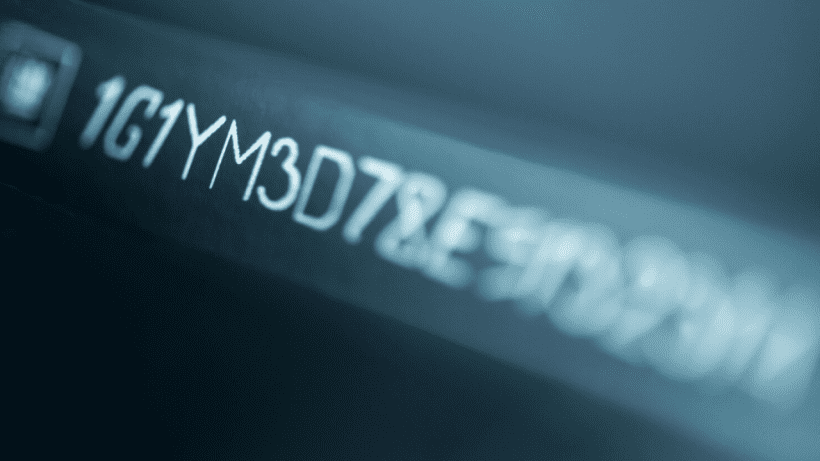
The National Insurance Crime Bureau (NICB) has a database where all stolen vehicle details get fed into and searched for the lost vehicles. You’ll need your car’s license plate, VIN, color, model, and other details before reporting the case to NICB. Found stolen cars are often reported, and their details get documented in the VIN-Check database. It’s prudent to check the database, and if your car has gotten found and documented in the database, you may locate it.
5. Report the Auto Theft Case to Your Financing or Leasing Company
If you’re still paying for your car, you should inform the leasing firm or lienholder. In such cases, your auto insurance provider may cover the claim if there will be any dues to get paid to the leasing or financing company, and you won’t be liable. It would help if you let your insurance company contact the leasing or financing company to negotiate on matters relating to any claims.
6. If You Have Rental Car Reimbursement Coverage, Then Reach Out to Your Insurer to Get It
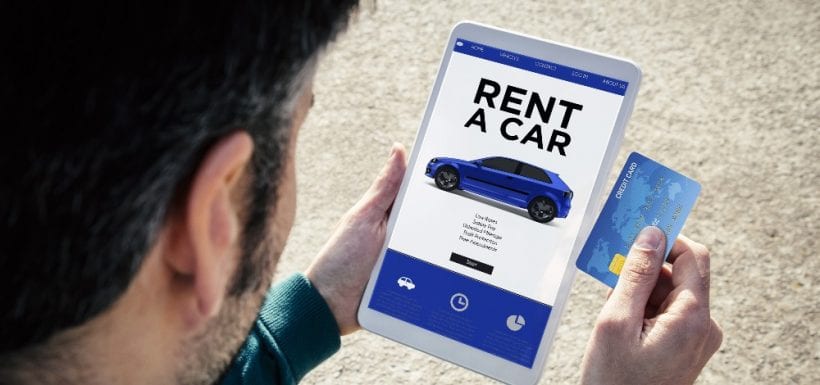
If your stolen car isn’t found, then you’ll need another alternative transportation means. Your rental reimbursement coverage may get you a rental car. The rental reimbursement coverage varies among auto insurance companies. It would be best if you asked your insurance provider about the caps they’ve set on the maximum coverage in a day and the number of days they can cover. Such a cover can help you get a rental car as you wait for your stolen car to get recovered or for your insurance claim to go through.
7. If Your Car gets Recovered, get a Claims Adjuster to Value the Damage Caused During the Theft
Suppose your stolen vehicle doesn’t get recovered, but you can’t find any valuables that weren’t part of the car but were in the stolen car. In that case, your comprehensive insurance coverage may not cover the property that got lost. But your homeowners or renter’s insurance may get you covered on this one.
If you’re lucky and the car gets recovered, then you should find a claims adjuster to examine it and assess the damage caused on the stolen car while it was away from your possession. Your insurance company should cover for such damage if it gets contacted in time after the theft. Typical insurance companies often maintain 30 days before accepting any loss or damage claims on a stolen car.
You should always get a third-party assessor to help in the claims’ negotiations, and if necessity arises you should also consult an attorney. If you’re in LA, the Takakjian & Sitkoff, LLP, is an ideal law firm with experienced lawyers who can help. Reach out to them by visiting the law firm’s website contact page to get the contact information you may need.

